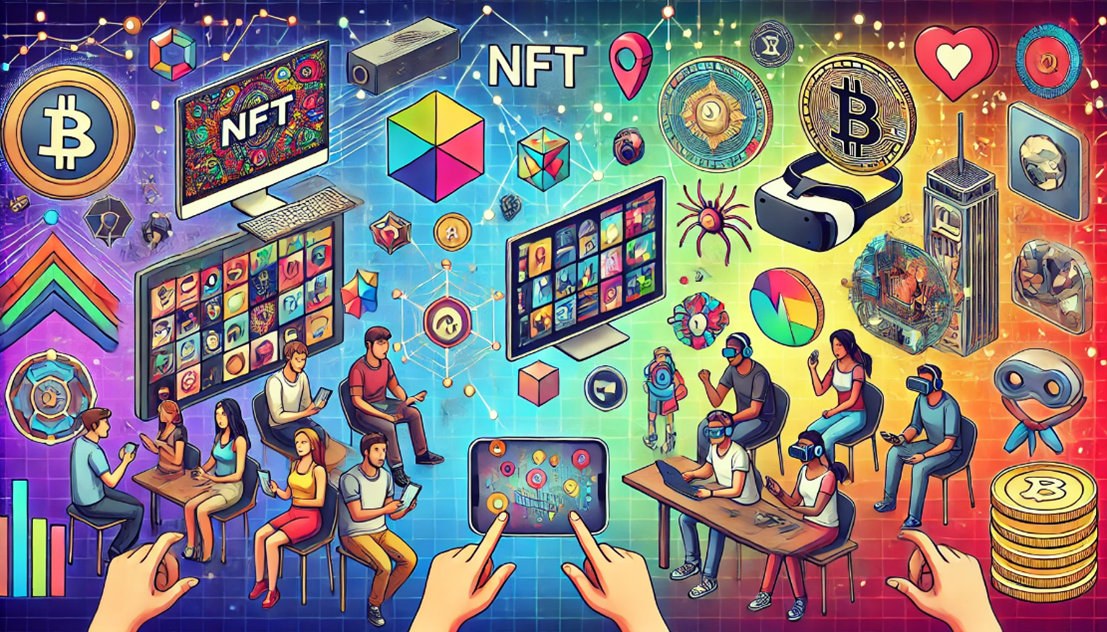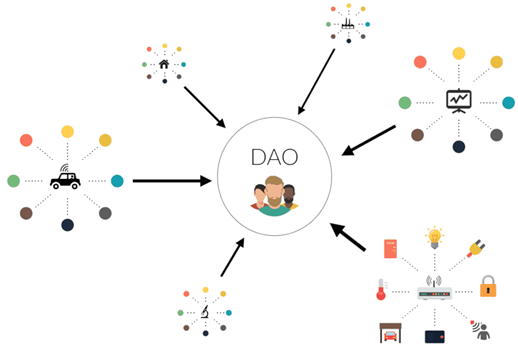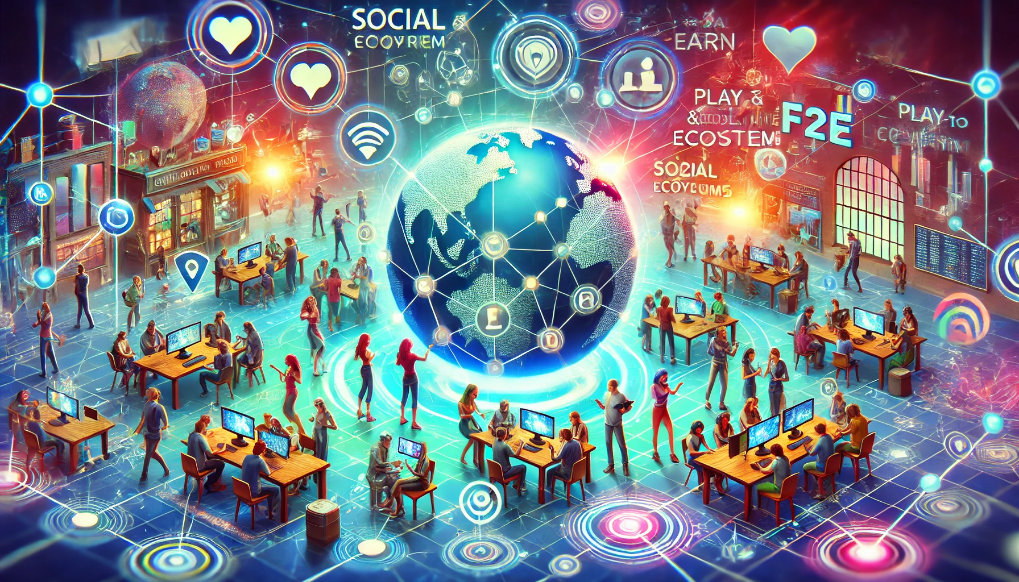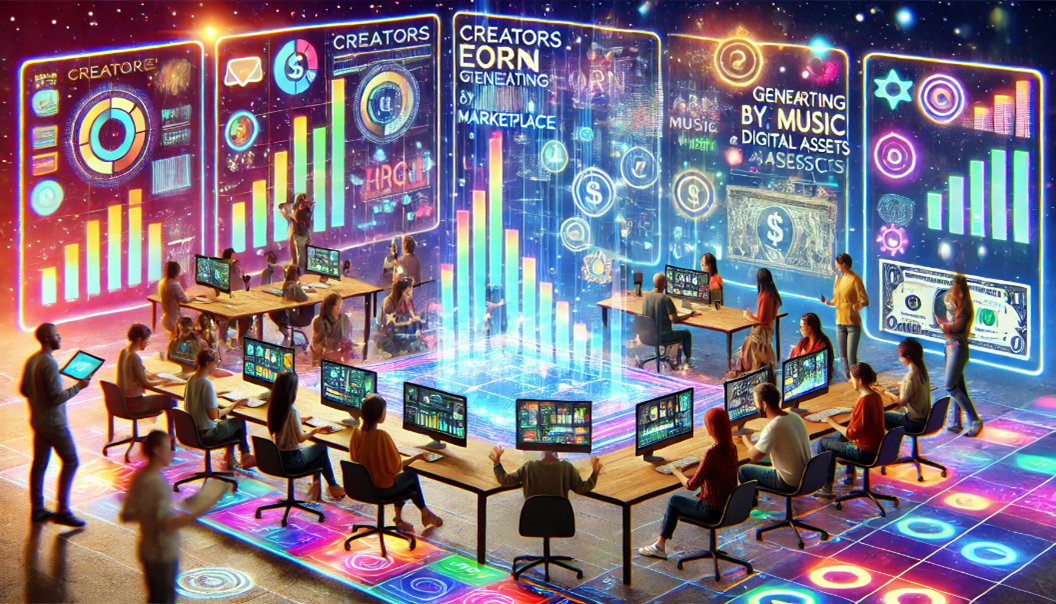Tools and technologies used in P2E game development

Tools and technologies used in P2E game development
by Maximilian 04:58pm Jan 15, 2025
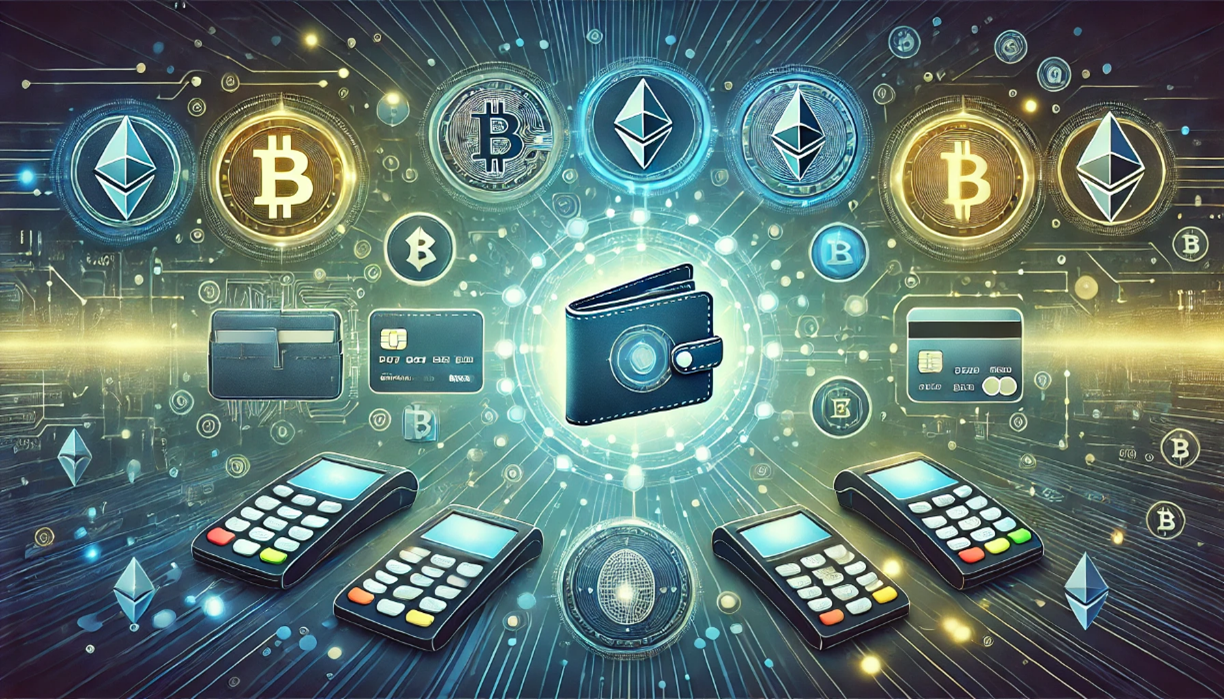
Play-to-Earn (P2E) game development combines traditional game development technologies with blockchain integration to enable players to earn rewards, often in the form of cryptocurrency or NFTs (Non-Fungible Tokens). Below is an overview of the tools and technologies commonly used in P2E game development:
1. Game Engines
Game engines are the backbone of game development, handling graphics, physics, and interactivity.
Unity: Widely used for 2D and 3D games, with strong support for blockchain integration via plugins like Enjin or SDKs like ChainSafe.
Unreal Engine: Known for its high-quality graphics and scalability, often used for immersive 3D P2E games.
Godot: Open-source engine suitable for smaller-scale or indie P2E projects.
Cocos2d-x: Lightweight engine, ideal for mobile P2E games.
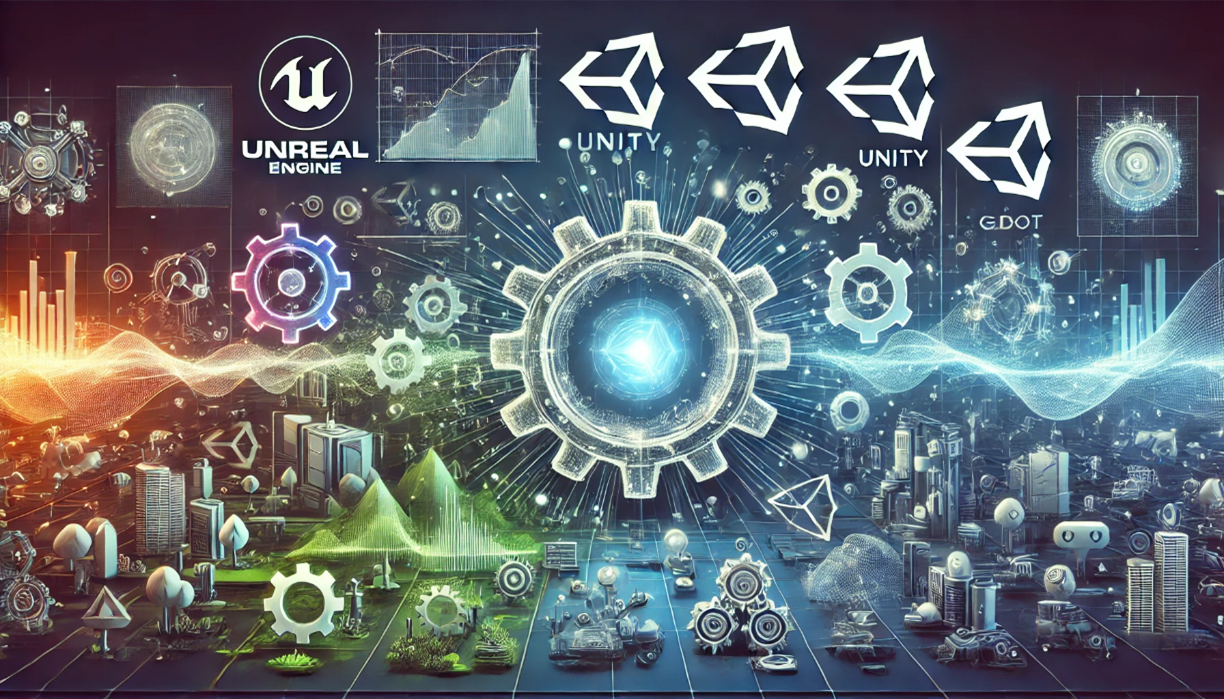
2. Blockchain Platforms
Blockchain technology is critical for decentralization, tokenization, and smart contracts.
Ethereum: Popular for smart contracts and NFT-based games using ERC-20 or ERC-721 standards.
Binance Smart Chain (BSC): A cheaper and faster alternative to Ethereum, widely used in P2E games.
Polygon: Layer 2 solution for Ethereum, offering lower transaction fees and faster processing.
Solana: Known for its high throughput and low fees, suitable for scalable P2E games.
Immutable X: A Layer 2 solution for Ethereum focusing on NFTs and gaming.
Avalanche: Another scalable platform for decentralized applications, including games.
3. Smart Contract Development Tools
Smart contracts enable decentralized gameplay mechanics, including rewards and transactions.
Solidity: The primary programming language for Ethereum smart contracts.
Rust: Used for Solana-based smart contracts.
Truffle Suite: Development environment for Ethereum, providing testing and deployment tools.
Hardhat: A flexible development environment for Ethereum.
Remix: An online IDE for writing and testing smart contracts.
4. Wallets and Payment Systems
Wallets allow players to store and manage their in-game assets and rewards.
Metamask: A popular wallet for Ethereum-based games.
Trust Wallet: A multi-blockchain wallet compatible with several P2E games.
Phantom: A wallet for Solana-based games.
WalletConnect: Enables integration with various wallets.

5. NFT and Token Standards
NFTs and tokens are core to the asset economy in P2E games.
ERC-20: For fungible tokens (e.g., in-game currency).
ERC-721: For unique, non-fungible items like characters or collectibles.
ERC-1155: A hybrid standard for both fungible and non-fungible tokens.
IPFS (InterPlanetary File System): Used for storing metadata and assets associated with NFTs.
6. Backend Development
Backend infrastructure supports game logic, user management, and server communication.
Node.js: For scalable and real-time backend systems.
Express.js: Lightweight framework for REST APIs.
GraphQL: Efficient querying for game-related data.
Firebase: Cloud-based solution for real-time databases and authentication.
7. Frontend Development
Frontend tools ensure smooth player interaction.
React: Commonly used for web-based P2E games.
Vue.js: Lightweight alternative to React.
Three.js: For creating 3D experiences on the web.
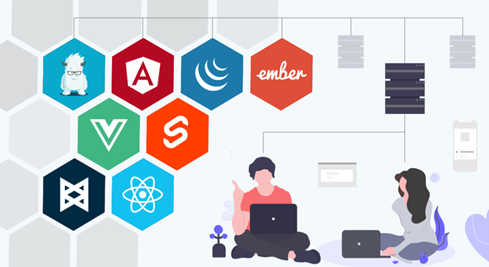
8. Analytics and Monitoring
Analytics tools track player behavior, in-game economy, and performance.
Google Analytics: For tracking player activity on web platforms.
Mixpanel: For user engagement and behavior analytics.
Dune Analytics: Blockchain-specific analytics platform.
Etherscan/BscScan: For monitoring transactions and smart contracts.
9. Testing and Debugging
Testing tools ensure the reliability of the game and blockchain interactions.
Ganache: Local Ethereum blockchain for testing.
Chai/Mocha: JavaScript libraries for writing and running tests.
MythX: Security analysis for smart contracts.
10. Collaboration and Project Management
Effective teamwork and management are essential for successful development.
GitHub/GitLab: Version control for code repositories.
Jira: For agile project management.
Trello: Lightweight project tracking.
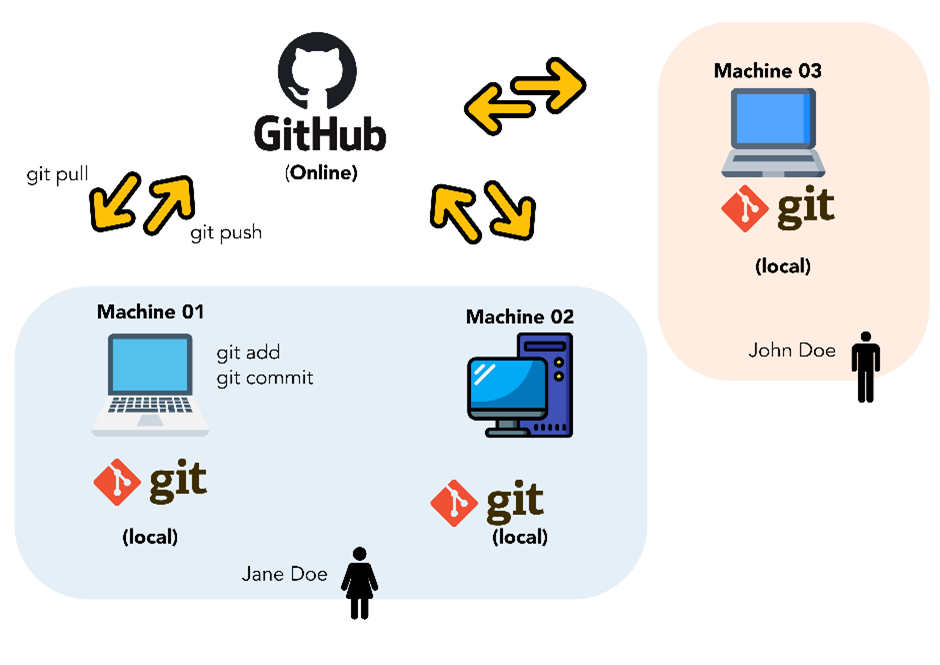
11. Additional Tools
Blender/Maya: For creating 3D assets and animations.
Photoshop/Illustrator: For 2D graphics and UI design.
OpenSea SDK: For integrating marketplaces to buy, sell, or trade NFTs.



